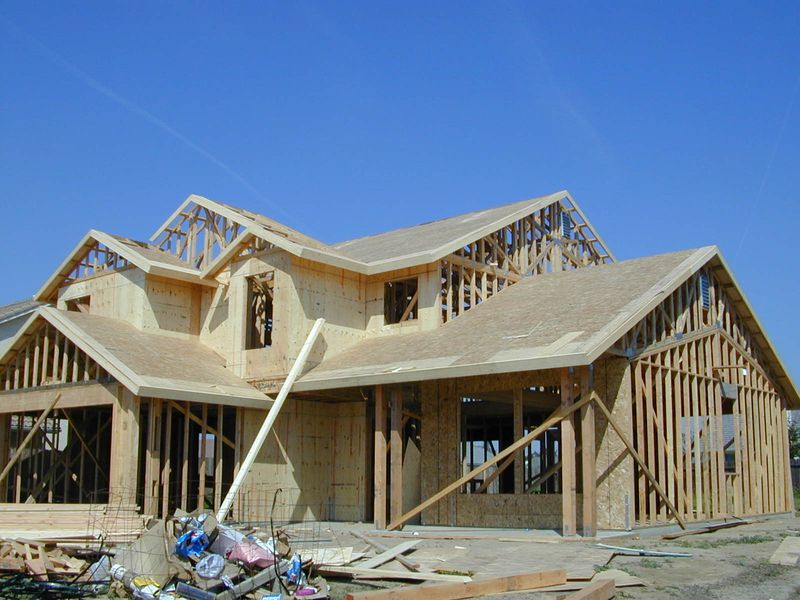Texas is renowned for its innovative financing mechanisms, helping foster community development and enhancement.
Two key players in this landscape are the Municipal Utility Districts (MUDs) and Public Improvement Districts (PIDs). If you're a homeowner in Texas, it's crucial to know about these entities, as they can have a direct impact on your property finances.
What is a MUD?
A MUD, or Municipal Utility District, is primarily established to fund and provide local public utilities, such as water, sewage, and drainage. Think of it as a localized public utility provider.
Creation: By the Texas Commission on Environmental Quality (TCEQ) or specific legislation.
Funding: Property owners within MUD boundaries are taxed, and these taxes repay bonds issued for infrastructure projects.
Utility Fees: Beyond taxes, residents often pay direct fees for services like water and sewage.
What about a PID?
Public Improvement Districts, or PIDs, are formed to fund enhancements to public areas—everything from parks and streets to landscaping.
Creation: Typically, local cities or counties oversee PIDs, created by property owners' requests.
Funding: Instead of taxes, PIDs impose assessments on properties that benefit from the improvements.
How Does This Affect Your Wallet?
If you're living in an area governed by a MUD or PID, expect to see additional line items on your property tax bill. These are:
MUD Taxes: Annual property tax bills will include a separate section for MUD taxes if you're in a MUD jurisdiction. The rate can fluctuate based on the district's needs.
PID Assessments: If you're within a PID boundary, your tax bill will reflect the assessments levied for the district's improvements.
Remember, these are separate from regular city or county property taxes. Non-payment can lead to penalties and, in severe cases, property liens.
Conclusion
Being informed is the first step to making wise financial decisions as a homeowner. If you're considering purchasing property in Texas, research if it falls within a MUD or PID. And if you already own property within these districts, stay updated on the financial implications they carry.

